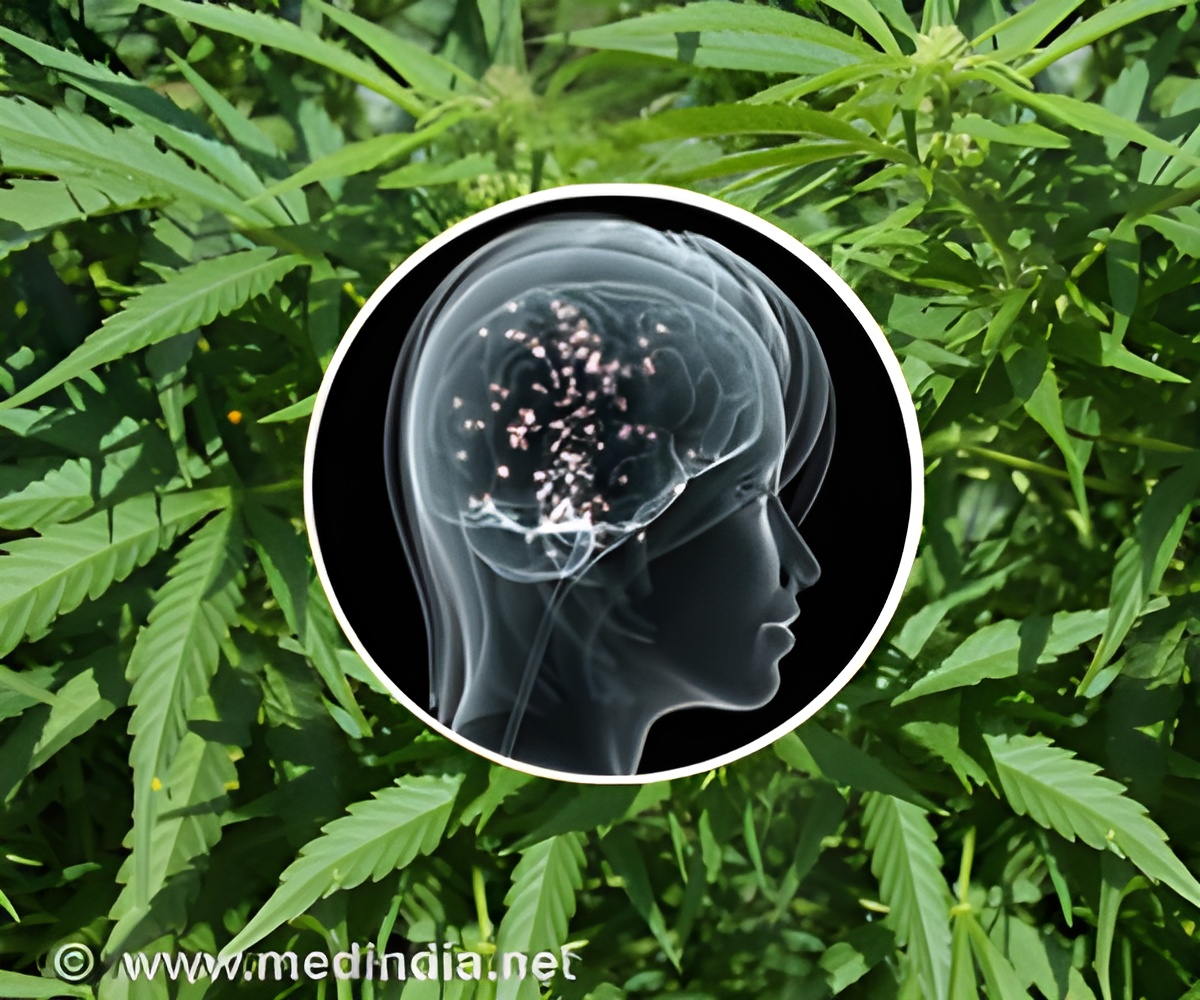Cannabidiol was effective in reducing seizure frequency and was well-tolerated and safe for most children and young adults.

‘Cannabidiol was observed to be safe and well-tolerated for most patients with treatment-resistant epilepsy. Their seizure frequency was found to have dropped significantly.’





The study took place at 11 epilepsy centers across the country. Patients were given the oral CBD treatment Epidiolex over a 12-week treatment period. Results showed a median 36.5% reduction in monthly motor seizures, with the median monthly frequency of motor seizures falling from 30 motor seizures a month at the study's start to 15.8 over the 12 weeks. Equally important, CBD was shown to have a sufficient safety profile and was well-tolerated by many patients, despite some isolated adverse events. Dr. Devinsky said, "We are very encouraged by our trial results showing that CBD was safe and well-tolerated for most patients, and that seizures dropped significantly. But before we raise hopes for families who regularly deal with the devastation of treatment-resistant epilepsy, more research, including further studies through our ongoing randomized controlled trial, are needed to definitively recommend CBD as a treatment to patients with uncontrolled seizures."
The study was an open-labeled trial, meaning that both the researchers and participants' families knew they were receiving CBD, a compound in medical marijuana that does not contain psychoactive properties. Between January 15, 2014, and January 15, 2015, 214 patients between 1 and 30 years of age with intractable, or treatment-resistant, epilepsy were enrolled in the trial. Of that cohort, 162 (76%) had at least 12 weeks of follow-up after the first dose of CBD and were included in the safety and tolerability analysis. In addition, 137 of the original study cohort (64%) were included in the analysis to determine the drug's efficacy.
Patients were given an oral CBD regimen from 2-5 mg/kg per day, with a dose up-titrated until intolerance occurred or to a maximum dose of 25 mg/kg or 50 mg/kg per day, depending on the trial site. Seizures were recorded by parents or caregivers in diaries and reviewed by the study team at each visit.
Lab screenings also were conducted at baseline, and after 4, 8 and 12 weeks of CBD treatment. The study showed variability in responses of individual seizure types to cannabidiol treatment. For example, the median change in total seizures was 34.6% , with the greatest reduction occurring in patients with focal and atonic seizures followed by tonic or tonic-clonic seizures. Two patients were free of all seizure types over the entire 12 weeks.
Advertisement
Dr. Devinsky is currently leading a randomized, controlled trial - considered the gold standard of scientific research -in which CBD or a placebo is randomly assigned to patients to better tease out the drug's effects and better eliminate research bias.
Advertisement
Source-Eurekalert















